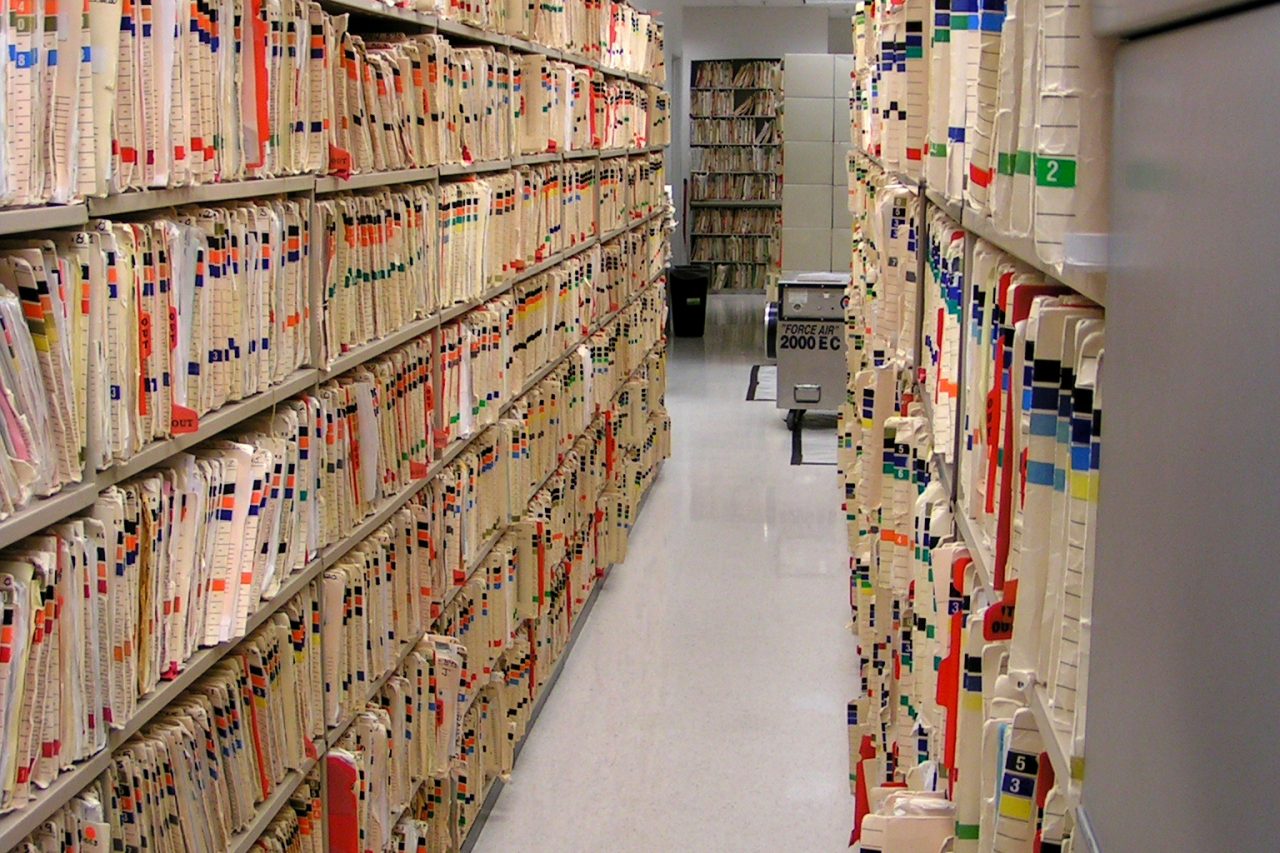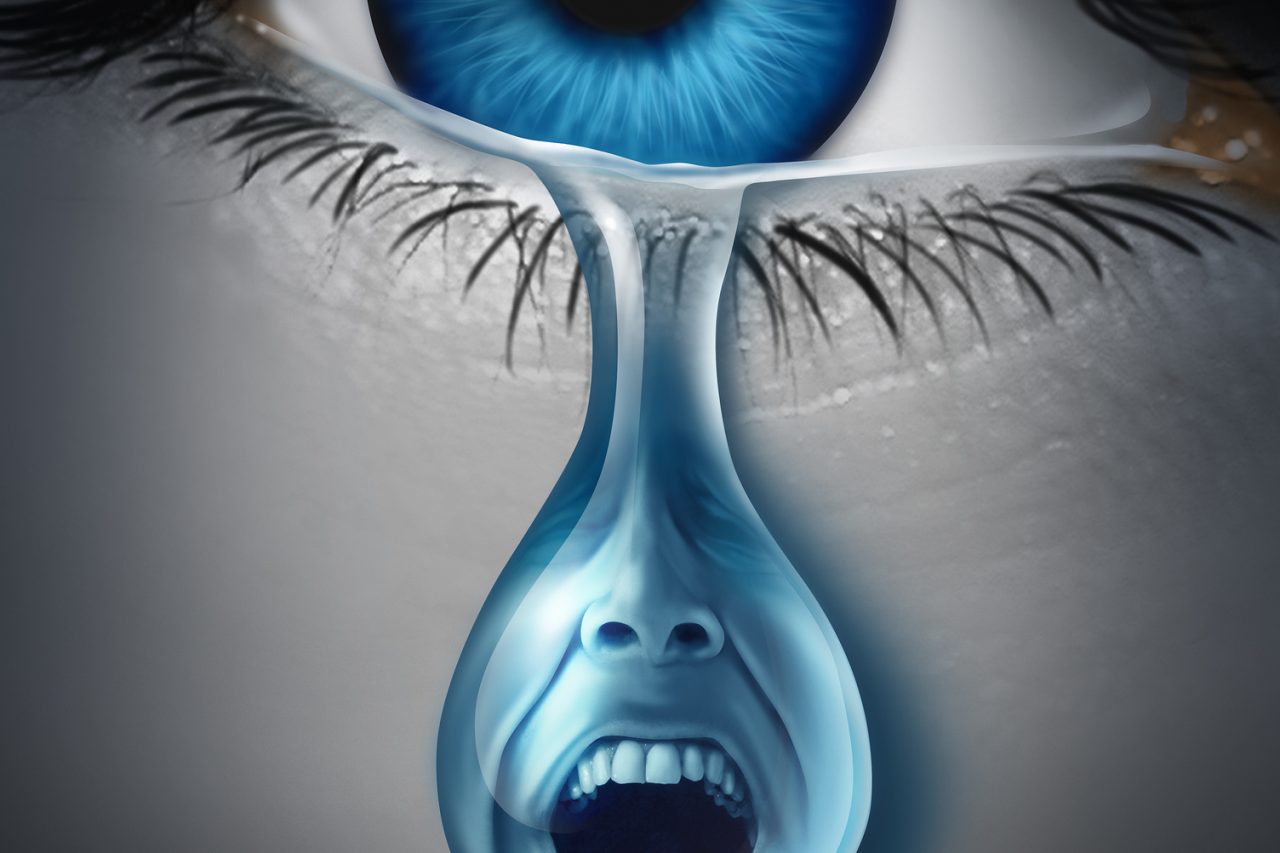I drink a lot of coffee. I imbibe for breakfast, lunch and dinner. I drink it Monday through Friday and on the weekends. I drink it hot, cold, black, white, bitter, sweet, thin, thick or foamy. I am no longer convinced that my heart will actually perk without the juice of the java. Jamocha and me, happy together.
With that full disclosure aside, it can be revealed that research shows coffee is not only good for the soul, but good for the body. Increasing data finds significant medical benefits. This is good because 90% of the world’s population consume caffeinated coffee or tea on a daily basis. Tea also has significant health advantages, but for this moment, we are going to talk about coffee.
As we all know, at its most basic level, coffee briefly increases alertness and mood. Experimental subjects, generally espresso infused college students, test better on exams of memory, attention and analysis, with improved concentration and suppressed fatigue. However, what you might not have heard is that there is early evidence that coffee intake decreases the risk of Parkinson’s Disease and Alzheimer’s. Fascinating idea, a drink that is good for the mind both now and tomorrow.
A remarkable recent observation is that coffee suppresses inflammation in hepatitis and therefore decreases the risk of cirrhosis. The coffee a person consumes may be the difference between permanent scarring of the liver, particularly in drinkers, and avoiding liver disease. In a large study, heavy coffee drinkers had an 80% reduction in cirrhosis. The most rapidly increasing cancer in the world is hepatoma, liver cancer, which is a complication of chronic hepatitis and coffee may part of the solution, helping prevent this killer.
Another stunning observation is that a cup or two of Joe may decrease the risk of diabetes by up to 50%. The affect seems to depend on caffeine and this benefit is independent of weight or exercise. Early research shows that through multiple mechanisms caffeine increases the body’s sensitivity to insulin, thus driving sugar into blood cells, lowing blood glucose levels, and preventing diabetes.
Coffee intake may decrease breast cancer, mouth cancer, endometrial cancer and prostate cancer, but the findings are preliminary. Research on bladder and lung cancer has been confusing, as the results seem to be confounded with the affects of smoking. However, the idea that coffee may decrease some of these cancers, in addition to preventing hepatoma (liver cancer), is quite exciting.
The information on coffee and osteoporosis is mixed. High coffee intake may increase bone loss but tea consumption seems to improve bone strength. This may be more associated with the diet of these individuals or the amount of exercise. For now, no matter what you drink, exercise and calcium supplements, especially in women, are a better choice for bone health.
“Battery acid” is not without its side effects, to which heavy dependents will attest. These include problems sleeping and in certain individuals, anxiety attacks. While caffeine does not significantly increase athletic performance, in patients with significant heart disease excessive caffeine intake may increase the risk of irregular heartbeats. Coffee does not significantly change blood pressure. Finally, whether caffeine or coffee can be truly addictive is still unclear, although many will attest to a “let down” when skipping their morning brew on a weekend or vacation.
In conclusion, looking at all the data on all diseases together, research shows that there is an overall improvement in survival in modest coffee drinkers. This of course does not mean that coffee can replace more obvious health factors, such as weight, diet, exercise, blood pressure control and smoking. They remain critical. However, for those of us deep in the Jones of the black brew bag, there is the reassurance that just maybe we are doing ourselves some good.







2 Comments